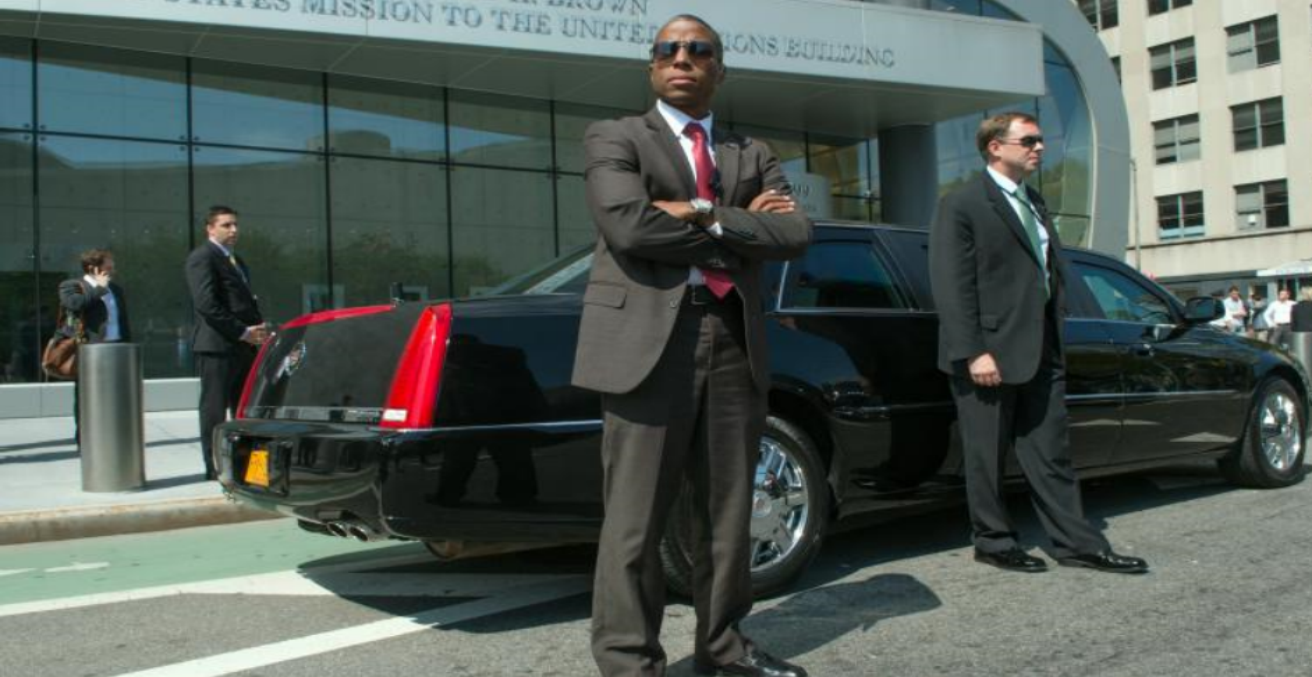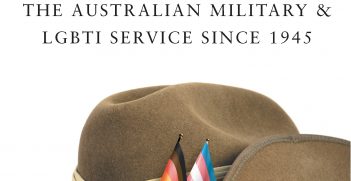Contracting for Australia’s Diplomatic Security

The use of security contractors by the Department of Foreign Affairs and Trade in places such as Afghanistan and Iraq is influenced by political, organisational, operational and financial factors.
Diplomatic security encompasses a number of functions, including personal protection of diplomats, static security of diplomatic infrastructure and convoy security. The use of security contractors in the context of diplomatic security is an emerging trend in western states. After relying on the Australian Defence Force (ADF) for eight years in Iraq, Australia’s Department of Foreign Affairs (DFAT) has moved towards contractors for the purposes of diplomatic security since 2011.
Security contractors have been an integral aspect of Australia’s diplomatic presence in Afghanistan since it started in 2006. In recent years the provision of one year of contracted diplomatic security in Afghanistan and Iraq has set DFAT back some AUD 50 million. Yet the actual number of contractors is a closely-held secret.
Political factors
The use of security contractors has political advantages. Using contractors in place of ADF personnel reduces the chance of further ADF casualties in Afghanistan and Iraq, while enabling the Federal Government to earn brownie points with the Australian public through reduced overseas troop commitments. If the reaction to contractor casualties by the US Government and media is assumed to apply in Australia, there is less concern regarding a contractor returning to Australia in a body bag as opposed to an Australian soldier.
This applies ever more if the contractor is not Australian. In reality, Australians are but a portion of the personnel forming contracted diplomatic security teams protecting Australian diplomatic interests overseas. This is not unusual. For example, the US and Canada use non-citizens for diplomatic security. If these contractors are killed or injured, the Federal Government will have received the benefits of their service while being able to ship them back to their country of origin.
Political risks can also be mitigated by DFAT being able to substantiate claims for confidentiality under the Freedom of Information Act, thereby inhibiting transparency surrounding the specifics of a given contract.
On a more positive note, contractors have been seen by diplomats as a way of assisting the diplomatic process. In the case of Iraq, DFAT saw the ongoing use of ADF personnel as hindering the building of a strong relationship between the Australian and Iraqi Governments. It is likely that Australian diplomats shared the view of their US counterparts that seeking normalised relations is challenging when you continue to be surrounded by uniformed troops and armoured vehicles.
Organisational factors
There are also organisational factors at play. DFAT wants to control the manner in which diplomatic security is executed: that is, according to its own policies and procedures. Yet using ADF personnel is likely to come with strings attached, with the defence leadership having a say as to how best to execute diplomatic security in exchange for using its personnel. As a result, the ADF personnel protecting diplomats and infrastructure may find themselves in the same position of their US counterparts: being the servant of two masters. Security contractors are seen as way of avoiding these issues. In crude terms, DFAT is the master and the contractor is the servant. The desire for renewal of the contract, in addition to building a satisfied customer base to attract future work, acts as an important incentive to accede to DFAT’s demands. The use of contractors also avoids committing ADF personnel to a function that is not typically seen as a core function in the post-Cold War era.
Operational benefits
The operational benefits of using security contractors have been espoused by the industry itself, the governments that use them and in the scholarly literature. For example, there is the appeal of being able to build teams of personnel from a global pool of ex-military and ex-law enforcement personnel that are best suited for the task at hand. DFAT sees contractors as a means of attaining necessary knowledge and experience of operating environments. If a particular dialect is required to function in an environment, contractors with this skill can be recruited. When the US Department of State took over security provision in Iraq following the US troop drawdown, it had to rely on contractors for functions in which its personnel had no experience.
Security contractors have also acted as a means of reducing Australia’s troop commitments in Afghanistan. When Australia’s diplomatic presence commenced in 2006, it consisted of a few officials operating out of a luxury hotel in Kabul protected by contractors. As this diplomatic presence evolved – including the opening of the Australian Embassy in Kabul – contractors continued to be used. Consequently, this has freed the ADF of a lengthy diplomatic security commitment like it experienced in Iraq from 2003 to 2011: its functions were limited to protection of DFAT staff outside safe zones and, in 2014, to assist contractors following concerns about growing instability in the operating environment.
Financial benefits
Security contractors allow DFAT to avoid the ongoing financial commitments associated with building and maintaining an in-house diplomatic security capability and the risk that this capability ends up being underutilised or not as effective as using contractors. Access to a global pool of personnel also assists DFAT and the contracting company financially. Downward pressure on diplomatic security expenditure has facilitated the recruitment of numerous ex-military personnel from developing countries that can be obtained for the price of a single former member of a Western force. For example, Chilean nationals have protected the Australian Embassy in Iraq. At the same time, DFAT has faced issues surrounding its efforts to keep costs down, such as contracted security personnel leaving Iraq in 2015 after disputes over cuts in pay and conditions.
Jon Cottam is a PhD candidate at the Department of Security Studies and Criminology in Macquarie University. He holds a Bachelor of Arts (Hons) and Bachelor of Laws from the University of UNSW and Master of Policing, Intelligence and Counterterrorism from Macquarie University.
This article is adapted from the author’s presentation “Can’t Somebody Else Deal with It? The Outsourcing of Australia’s Diplomatic Security” at the International Political Science Association World Congress on 21-25 July. It was produced with the support of the Macquarie University Research Training Program Scholarship and the Australian Government Research Training Program Scholarship.
This article is published under a Creative Commons Licence and may be republished with attribution.





